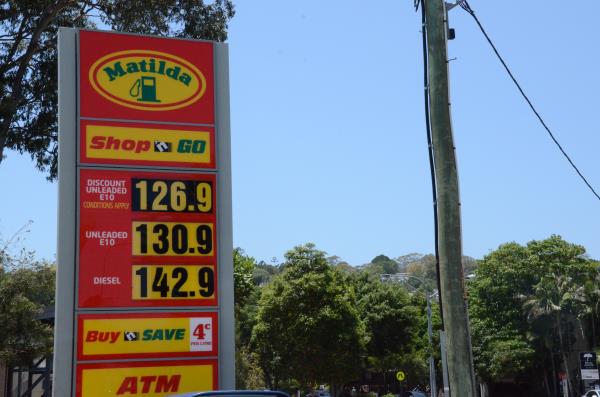By JONATHON HOWARD
NOOSA motorists can expect to pay about $3 extra to fill up at the fuel pump, according to the Australian Automobile Association which has slammed the 40 cent projection by Prime Minister Tony Abbott.
The Federal LNP government is bypassing senate opposition to its budget plan to reintroduce fuel excise indexation, by imposing the interim tariff from 10 November.
The tariff on oil companies will increase the fuel excise from 38.1 to 38.6 cents a litre which the government hopes will raise an additional $2.2 billion over four years.
Mr Abbott refuted claims the tariff was a new tax but insisted the indexation was an old tax that will cost the average family 40 cents for a 50-litre tank.
Australian Automobile Association chief Andrew McKellar said a closer look at the government’s projection over the next three to four years revealed the tariff would be substantially more than that.
“It will be adding two to three dollars each time you fill up the car,” he said.
Parliament has 12 months to support the decision or the government would be forced to repay the oil companies $2.2 billion.
Opposition Leader Bill Shorten described the decision as outrageous while motoring groups called it gutless, sneaky and tricky.
Mr Shorten said Mr Abbott had no mandate from the people or parliament for this petrol rise.
He pointed out the decision came less than 24 hours after Mr Abbott told parliament he wanted a “mature discussion” about taxes.
The Prime Minister told parliament his government had a “very clear mandate to fix the budget”.
“And the measure that the Leader of the Opposition refers to is a budget measure,” he said.
Treasurer Joe Hockey told parliament the fuel excise is necessary in order to help deliver the biggest road-building program in Australia’s history.
But Shadow Treasurer Chris Bowen said it was an extraordinary attempt to “ambush and blackmail” the parliament.
The indexation of fuel duty will return to biannual CPI indexation from 1 February, 2015.
Senator Cormann said the delay in imposing fuel indexation as of 1 August as planned has meant a loss of $35 million in revenue.
However, he said this was a small figure compared to the $19 billion that would be raised over the next decade.








